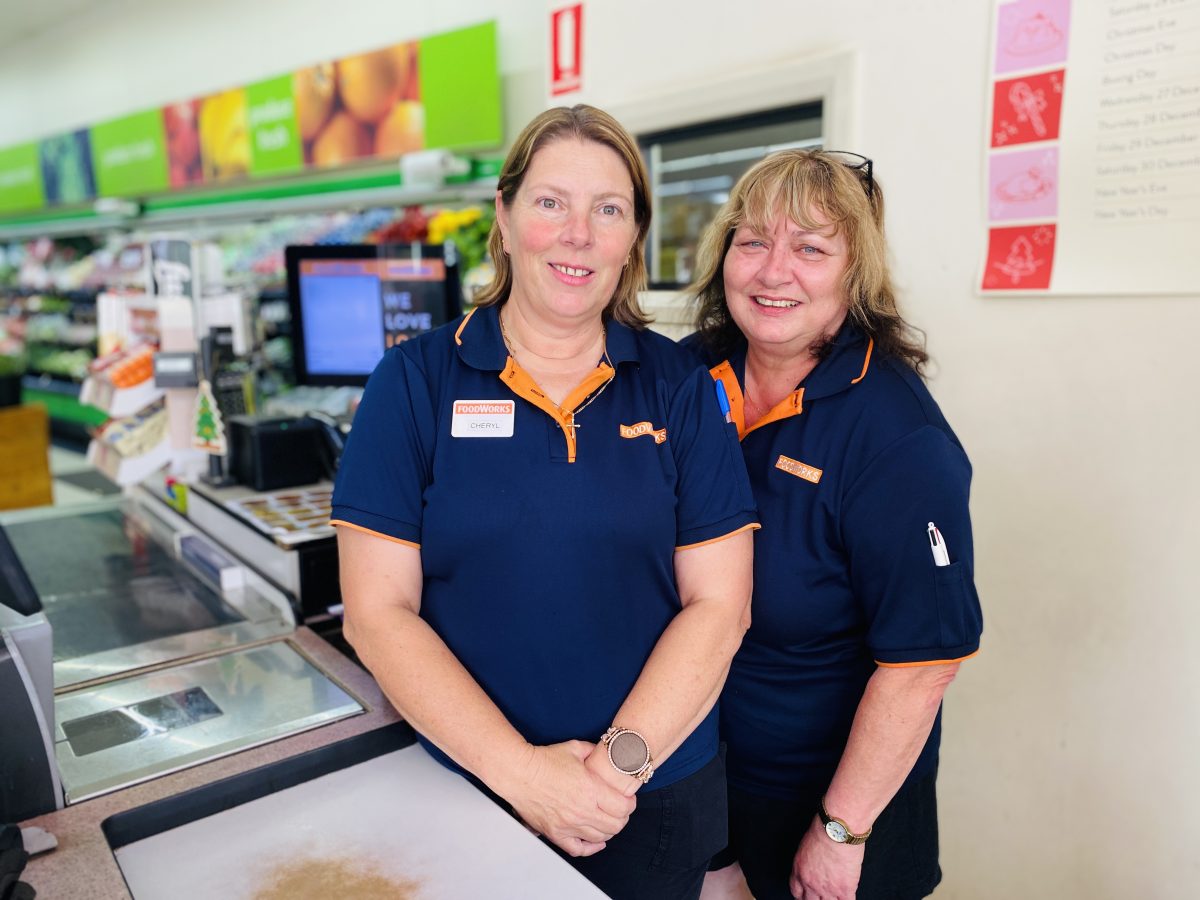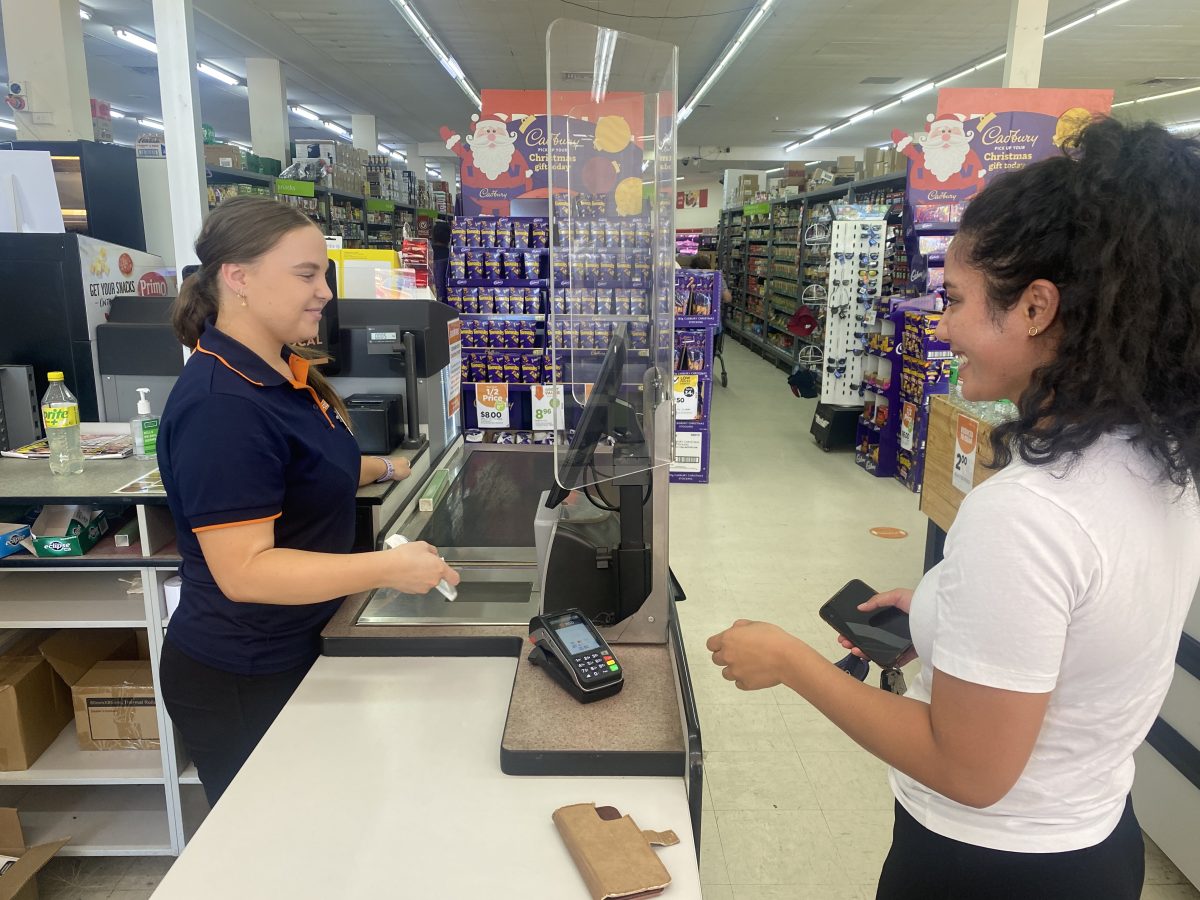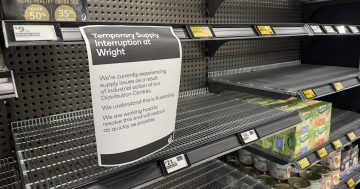
Rossies staff Cheryl Mott and Elena Conte have been familiar faces at the FoodWorks store in Griffith NSW for years and are much-loved by their customers. Photos: Oliver Jacques.
Are supermarket self-service machines an inevitable consequence of technological progress?
Much like social media companies collecting and using our personal data to enrich themselves, it’s something the masses have lazily come to accept.
But the overwhelming response to Region’s article about the success of Rossies FoodWorks – the last bastion of human-only service at a major grocery store in Griffith NSW – shows we can fight back against an unpopular trend.
The Facebook post on why Rossies has resisted automation was shared over 100 times and received more than 2000 likes across multiple pages.
Our poll on Region Riverina revealed 70 per cent of respondents “despise” automated checkout machines and a further 24 per cent tolerate them but prefer face-to-face service.
So why have we allowed Coles and Woolworths to gradually replace checkout chicks and dudes with unwieldy machines that turn customers into unpaid labourers for companies that make billion-dollar-plus profits every year?
We can vote with our feet and send a message to these corporations, by shopping at pro-human supermarkets, even if we might have to pay a tad more for some items.
If we must shop at the big chains, we can line up and wait for available humans instead of going to the automated sections. We can also write to these companies and tell them what we think.

Customer Alo Pologa enjoys being served by staff such as Abbie Hardwick.
Rebelling against self-service has made an impact in other countries.
In the United States, Walmart withdrew self-checkout lanes from three stores in the state of New Mexico earlier this year.
In Britain, supermarket chain Booths recently removed automated kiosks in all but two of its 28 stores.
Booths managing director Nigel Murray told the BBC that people had said the machines were slow, unreliable and impersonal.
He added customers were frequently misidentifying fruits and vegetables.
And why wouldn’t they? I can’t tell the difference between a Pink Lady and a Royal Gala apple. It’s not my job. These companies ought to be paying people to do that for us.
Supermarkets are a valuable source of employment in small towns. As so many blue-collar jobs disappear due to automation, we can’t afford to write off checkout staff.
While some people see working at a grocery store as a transient job for young people, Rossies has had employees who have been there for decades.
The manager, Ross Catanzariti, got his start packing groceries as a 12-year-old back in the 1960s. He’s now one of the most influential people in town.
“We are like a family here,” Rossies staffer Cheryl Mott says. That’s why people like to shop there, to see those familiar faces.”
Griffith’s Coles and Woolworths stores also have some wonderful, loyal, long-term staff.
Nationwide, Woolworths made a $1.6 billion profit last year, while Coles raked in $1.1 billion. There’s no reason for them to lay off more employees. And as paying customers, we shouldn’t let them.
Original Article published by Oliver Jacques on Region Riverina.















